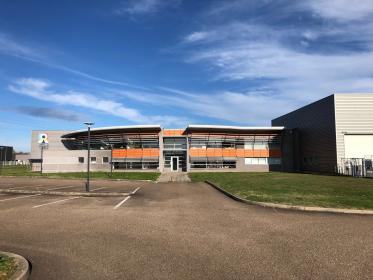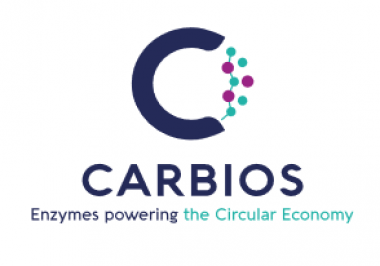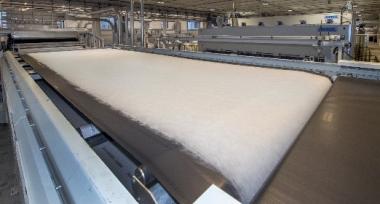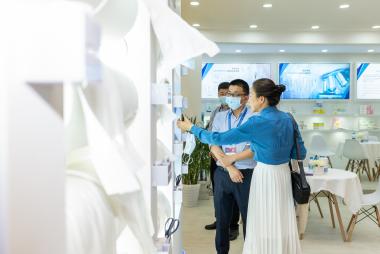PCG completes acquisition of Perstorp
Perstorp has been acquired by PETRONAS Chemicals Group Berhad (PCG), Malaysia´s leading integrated chemicals provider and part of PETRONAS Group, on 11 October 2022.
In May this year, PCG signed a Securities Purchase Agreement with Financière Forêt S.à.r.l, a company under PAI Partners, a European private equity firm, to acquire the entire equity interest in Perstorp, a leading sustainability-driven global specialty chemicals company based in Sweden. With the completion of the acquisition, Perstorp is now PCG’s wholly-owned subsidiary.
PCG will strive to ensure the timely completion of Perstorp’s growth projects in a safe and cost-effective manner. Perstorp has several projects lined up in the near future, including the launch of Project Air which aims to reduce carbon emissions through the production of sustainable methanol. Recently, The European Union Innovation Fund selected Project Air, as one of the 17 large-scale green tech projects, which together will be granted more than EUR 1.8 billion. Project Air is a gamechanger for the chemical industry, moving from fossil raw materials to recycled and bio-based feedstock, thereby enabling sustainable chemical products to a large variety of industries and end products. At full capacity, it will reduce global CO2 emissions with close to 500,000 metric tons per year from today’s levels, corresponding to one percent of current emissions in Sweden.
































